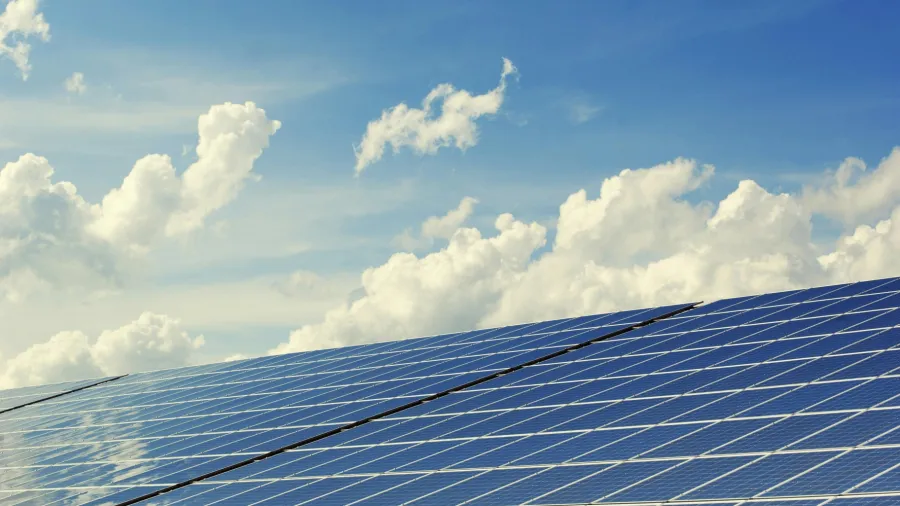
Genesis, FRV Australia reaches financial close for 63 MW solar farm
The project is expected to start generating electricity by the second quarter of FY25.
Genesis Energy and its joint venture partner FRV Australia have achieved the financial close for their 63-megawatt solar farm in New Zealand, with an expected construction cost of around $63.6m (NZ$104m).
In a statement, Genesis said the project, located at Lauriston on Canterbury Plain, covers an area of 93 hectares and could generate electricity that can meet the demands of nearly 13,000 houses.
ALSO READ: Genesis to use Kupe gas field profits for $1.1b renewable generation
Genesis Energy will take all the renewable energy from the site under a 10-year power purchase deal.
Genesis and FRV formed a joint venture in late 2021 to develop up to 500 megawatts of solar capacity in five years.
The Bank of New Zealand and MUFG Bank will provide the debt funding for the projects, whilst BOEN will construct the project.
$1 = NZ$1.63
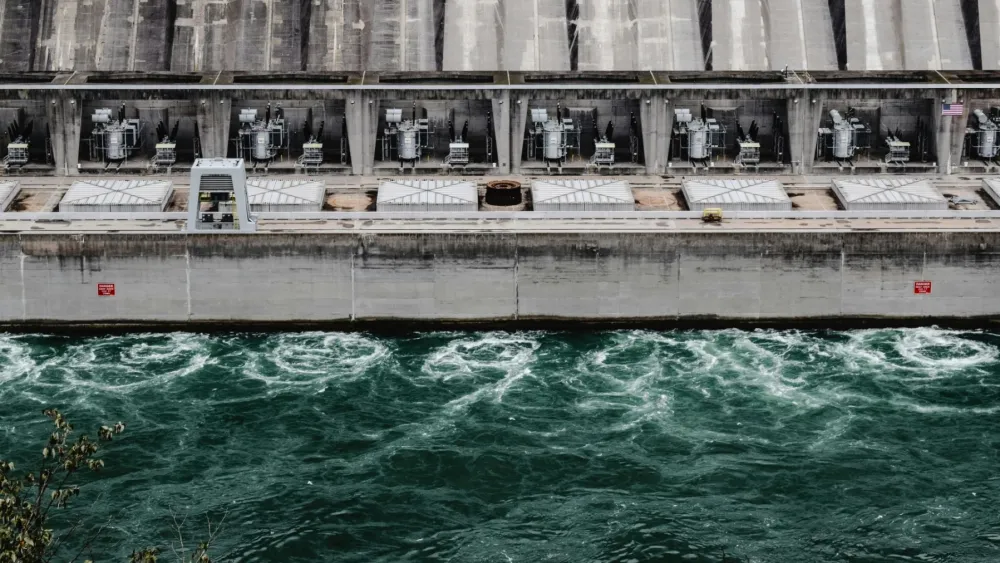
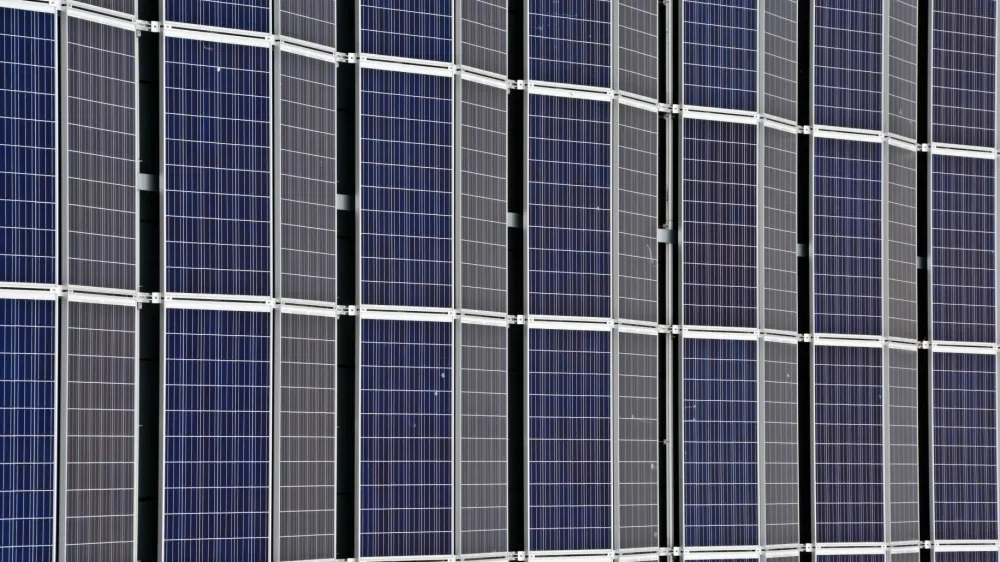
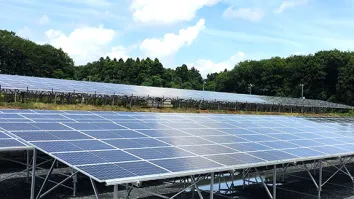
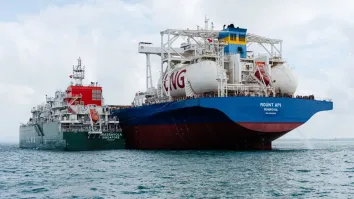















 Advertise
Advertise







